Kota Factory
- 9
- Drama
- 2019
- 50m
- PG-13
is India’s first black-and-white web series, following the struggles and dreams of students in Kota preparing for IIT-JEE. Centered on Vaibhav’s journey and guided by the wise Jeetu Bhaiya, it is a raw, authentic portrayal of ambition, friendship, mentorship, and survival in the toughest academic hub of the country.

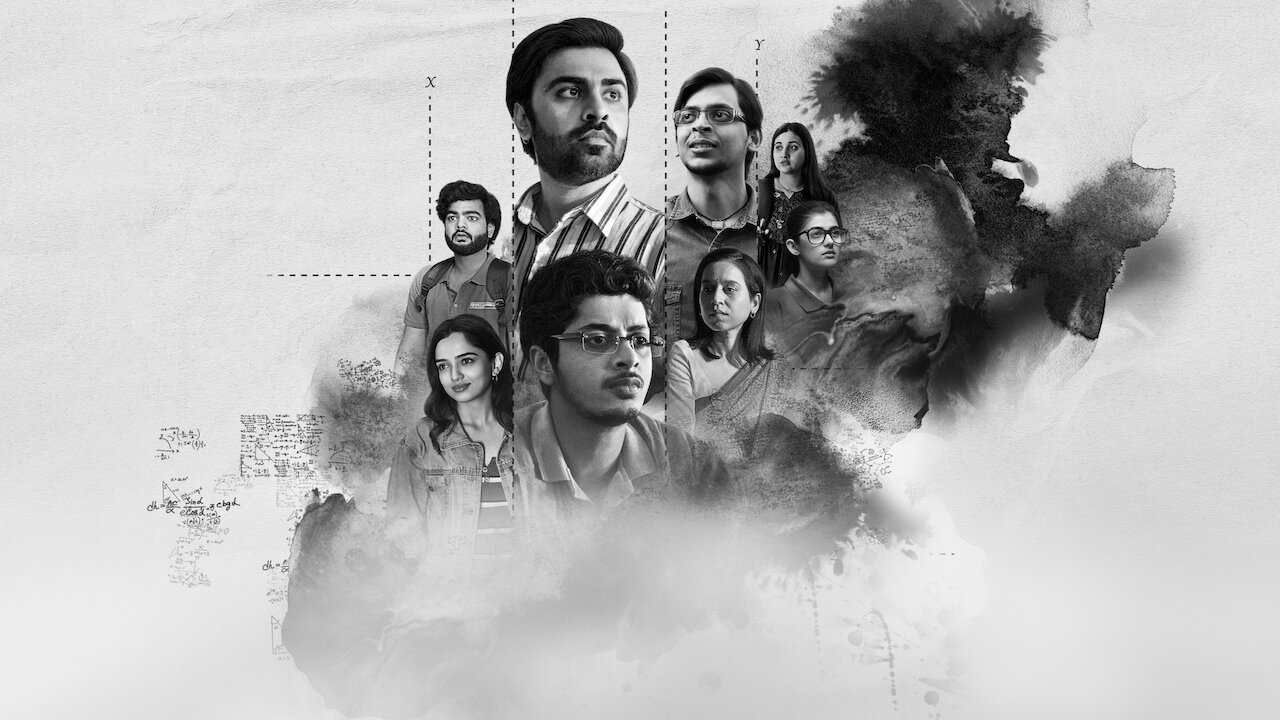
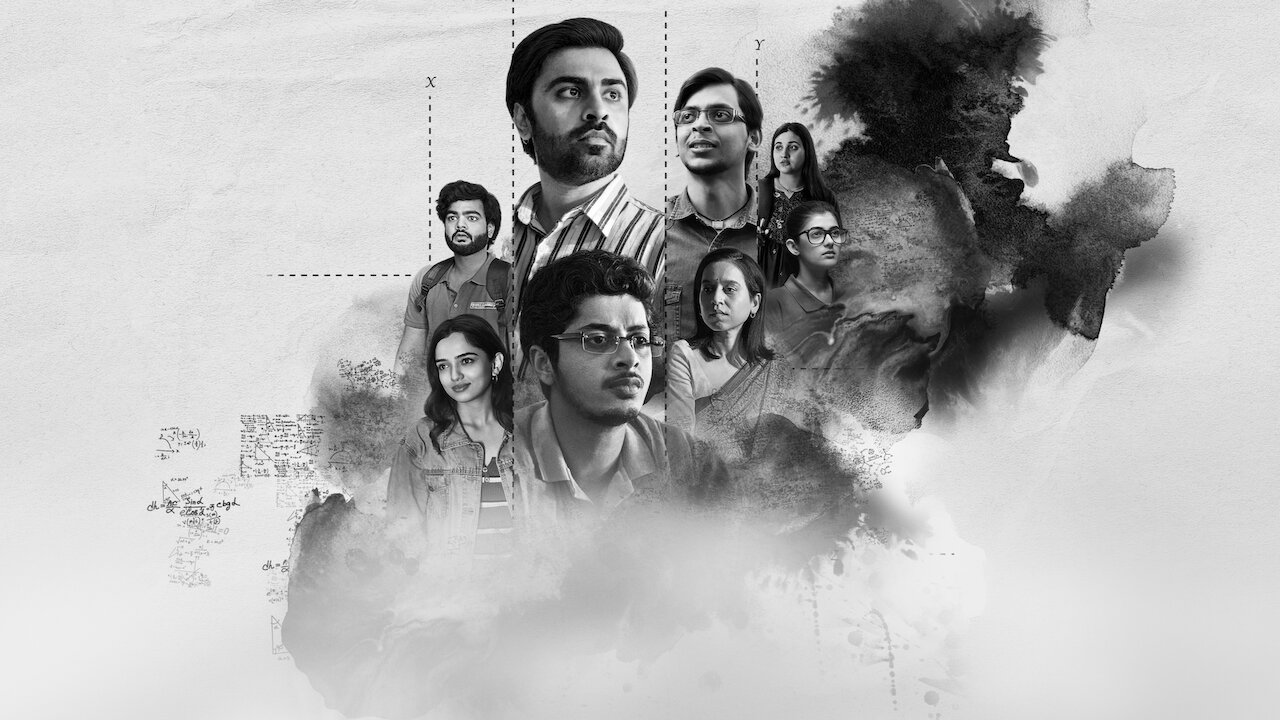
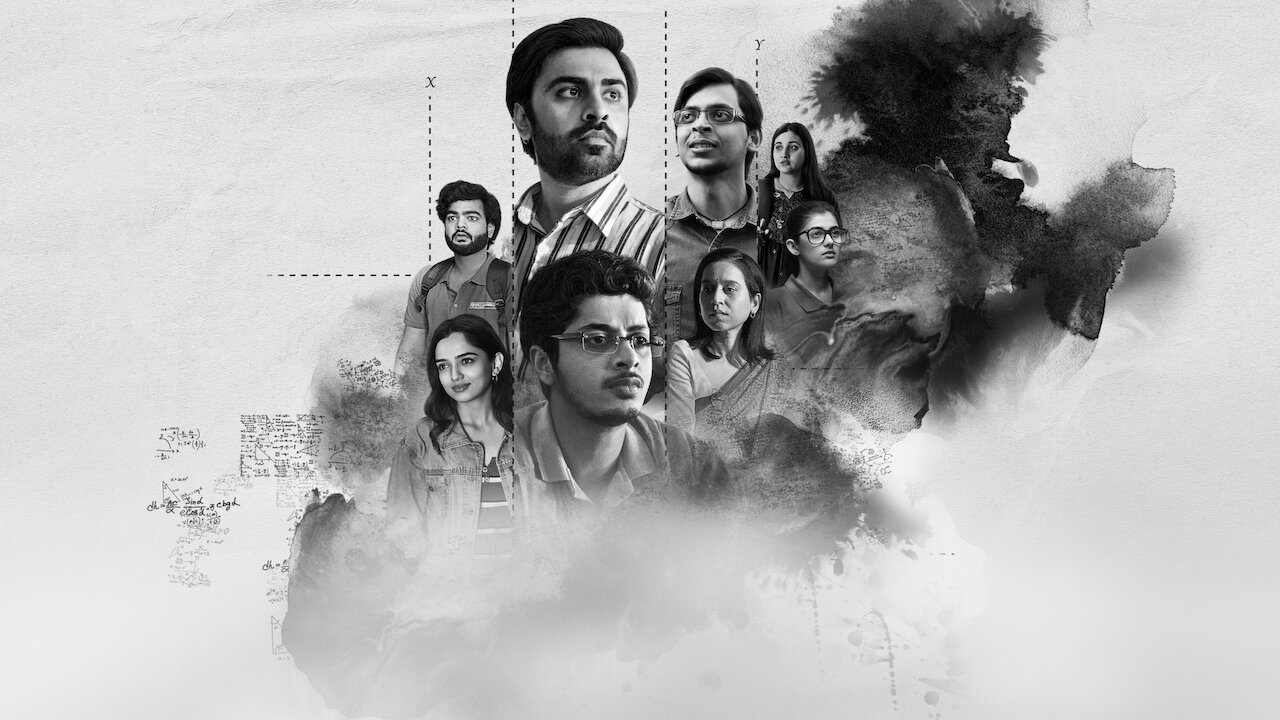
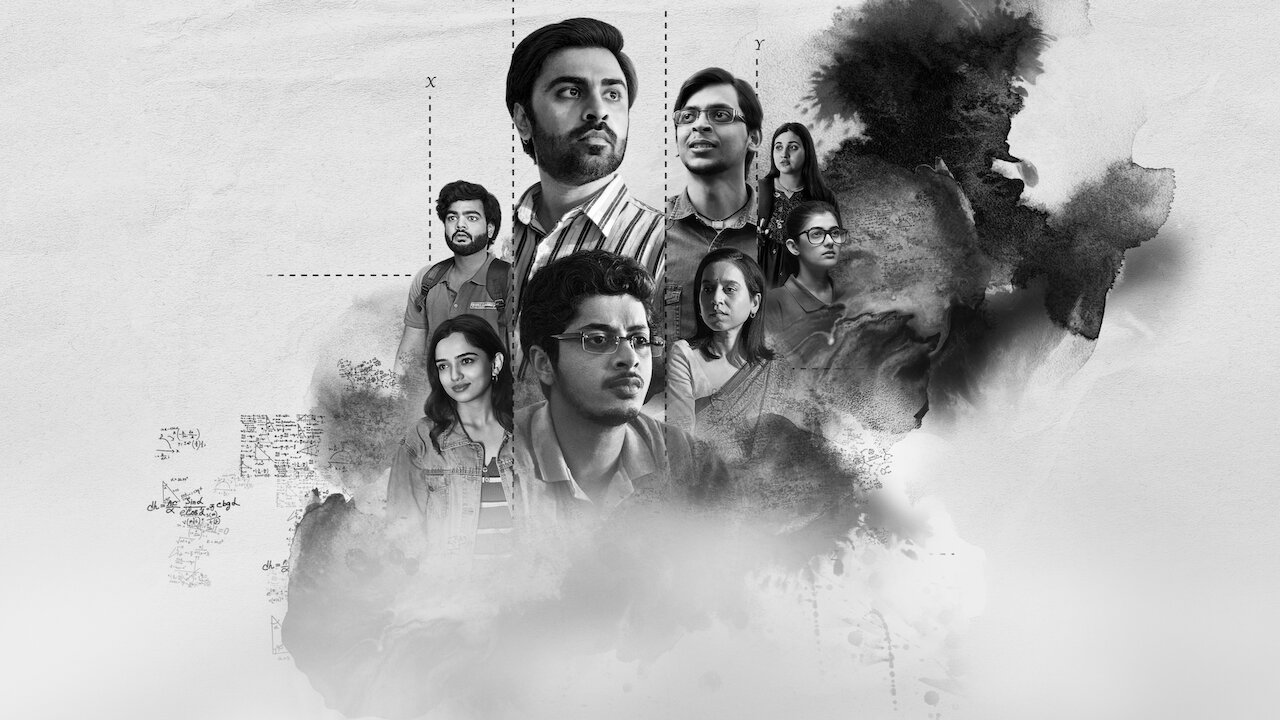
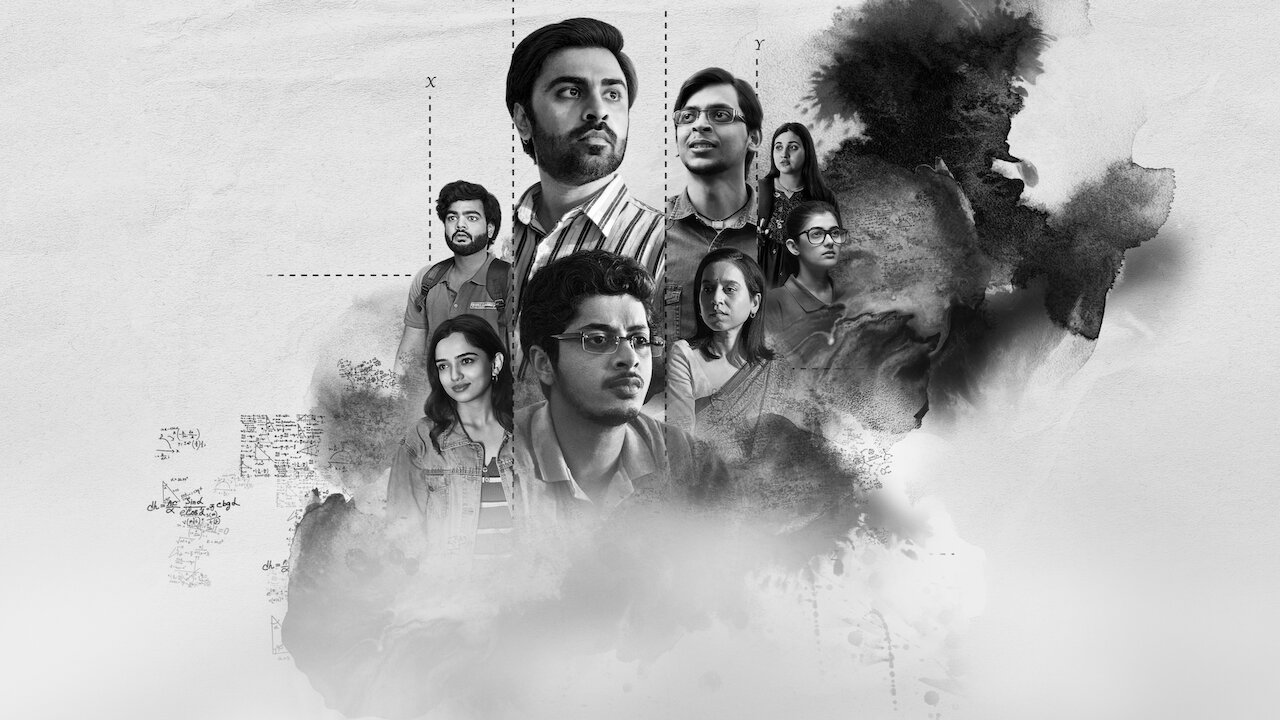












Comments
0Reviews
0Summery
1Please sign in to comment.
Please sign in to review.
Kota Factory, released in 2019 by TVF (The Viral Fever), is one of India’s most iconic web series, celebrated for its grounded portrayal of the lives of students preparing for the IIT-JEE entrance examinations in Kota, Rajasthan. What sets it apart is its black-and-white cinematography, which gives the show a timeless, melancholic tone while simultaneously symbolizing the monotony, discipline, and sheer intensity of the lives these students lead. Unlike the glamorous portrayals of student life in mainstream cinema, Kota Factory dives into the raw, real struggles—academic, emotional, and psychological—that students face in their pursuit of engineering dreams.
At the heart of the story is Vaibhav Pandey (played by Mayur More), a young, bright, but initially underconfident teenager who moves from his hometown of Itarsi to Kota, the coaching hub of India. Like thousands of aspirants across the country, his dream is to crack the IIT-JEE and secure admission into one of the most prestigious engineering colleges in India. His move to Kota is not merely geographical—it is symbolic of the transformative journey he undertakes in his life, where friendships, hardships, mentorship, and self-realizations mold him into a stronger, more determined individual.
From the very beginning, Kota Factory emphasizes that Kota is not just a city—it is a system, a machine that takes in young minds, drills them with rigorous schedules, endless problem-solving, late-night study sessions, and countless tests, all while producing results year after year. The show does not glorify this; instead, it humanizes the students and teachers who are caught within this system.
Vaibhav’s entry into Maheshwari Classes, one of Kota’s most prestigious coaching institutes, forms the backbone of the narrative. However, he begins in Prodigy Classes, a second-tier institute, where he struggles with adjusting to the fast-paced, highly competitive environment. His friendships with Meena (Ranjan Raj), Uday (Alam Khan), and Shivangi (Ahsaas Channa) slowly form a support system that keeps him grounded. Each friend represents a different shade of Kota life—Meena, the eternal optimist with limited resources but big dreams; Uday, the laid-back, humorous companion who provides comic relief but hides his own insecurities; and Shivangi, who balances friendship with her own academic pressures. But the most pivotal figure in the series is undoubtedly Jeetu Bhaiya (played by Jitendra Kumar), a teacher at Prodigy who becomes more than an instructor. He is a mentor, philosopher, and guide—someone who sees beyond marks and ranks, and understands the struggles of students at a deeply human level. Jeetu Bhaiya embodies the hope that not all teachers are mechanical parts of the coaching industry. His conversations, motivational talks, and empathy make him the emotional core of the series.
Throughout the episodes, the narrative weaves together smaller stories of resilience, failure, anxiety, and determination. Vaibhav experiences the crushing weight of competition—mock tests where ranks determine self-worth, comparisons with other students, and the looming pressure of parents’ expectations. The black-and-white visuals emphasize the absence of "color" in the lives of these students, where joy and leisure are often sacrificed for relentless study. The turning point for Vaibhav comes when he realizes that he must transfer from Prodigy to Maheshwari Classes if he wants to compete with the best and maximize his chances of clearing IIT-JEE. The transition is not easy—Maheshwari Classes is notoriously strict, with brutal schedules, cutthroat competition, and little tolerance for underperformance. However, Vaibhav’s determination to prove himself pushes him into this higher orbit, even though it means leaving behind his friends and comfort zone. This decision marks the beginning of his transformation from an unsure teenager into someone willing to endure suffering for his larger goal.
The brilliance of Kota Factory lies in its attention to detail. It showcases hostel life, where students cram into small rooms, cook instant noodles, survive on tiffin services, and deal with loneliness. It also portrays the mental health struggles—students battling insomnia, fear of failure, and identity crises, while still showing up for classes every morning. One of the most poignant aspects is the subtle but powerful representation of how failure is normalized in Kota; not everyone makes it, and yet, every student gives it their all. Jeetu Bhaiya frequently serves as the moral compass, reminding his students that IIT is not the only path to success, that self-worth should not be tied solely to academic achievement, and that balance in life is just as important as marks. His dialogues—often filled with wisdom, humor, and empathy—resonate far beyond Kota, striking a chord with audiences across India.
By the end of the season, Vaibhav’s journey is still unfinished, but his resolve is stronger. He has tasted both success and failure, learned the value of friendship and sacrifice, and found in Jeetu Bhaiya a mentor who has given him perspective. Kota Factory does not give a neat, happy ending—it simply holds a mirror to reality, showing that for many students, Kota is not about one grand victory but about daily survival, perseverance, and small moments of hope that keep them moving forward. The show, through its writing, performances, and stark monochrome visuals, transcends its immediate subject matter to make a universal statement about youth, ambition, and resilience. It resonates not just with engineering aspirants but with anyone who has faced societal pressures, family expectations, or the harsh realities of chasing a dream in an unforgiving world.
Kota Factory’s uniqueness lies in its authenticity. It does not sensationalize Kota, nor does it demonize it. Instead, it gives a nuanced, layered, and empathetic portrait of students, teachers, and the environment they inhabit. It has since become a cultural landmark, inspiring countless discussions about the education system, mental health, and the need for compassionate mentorship in a results-driven society.